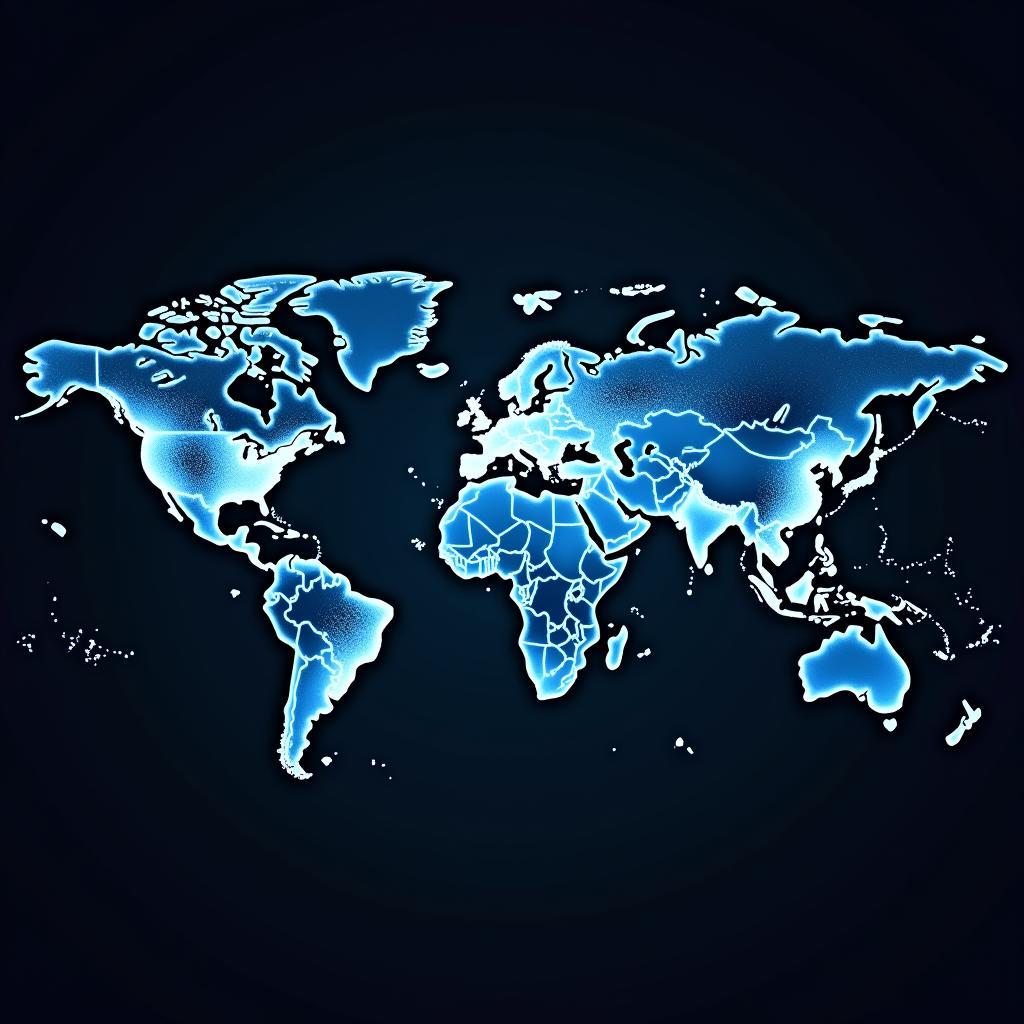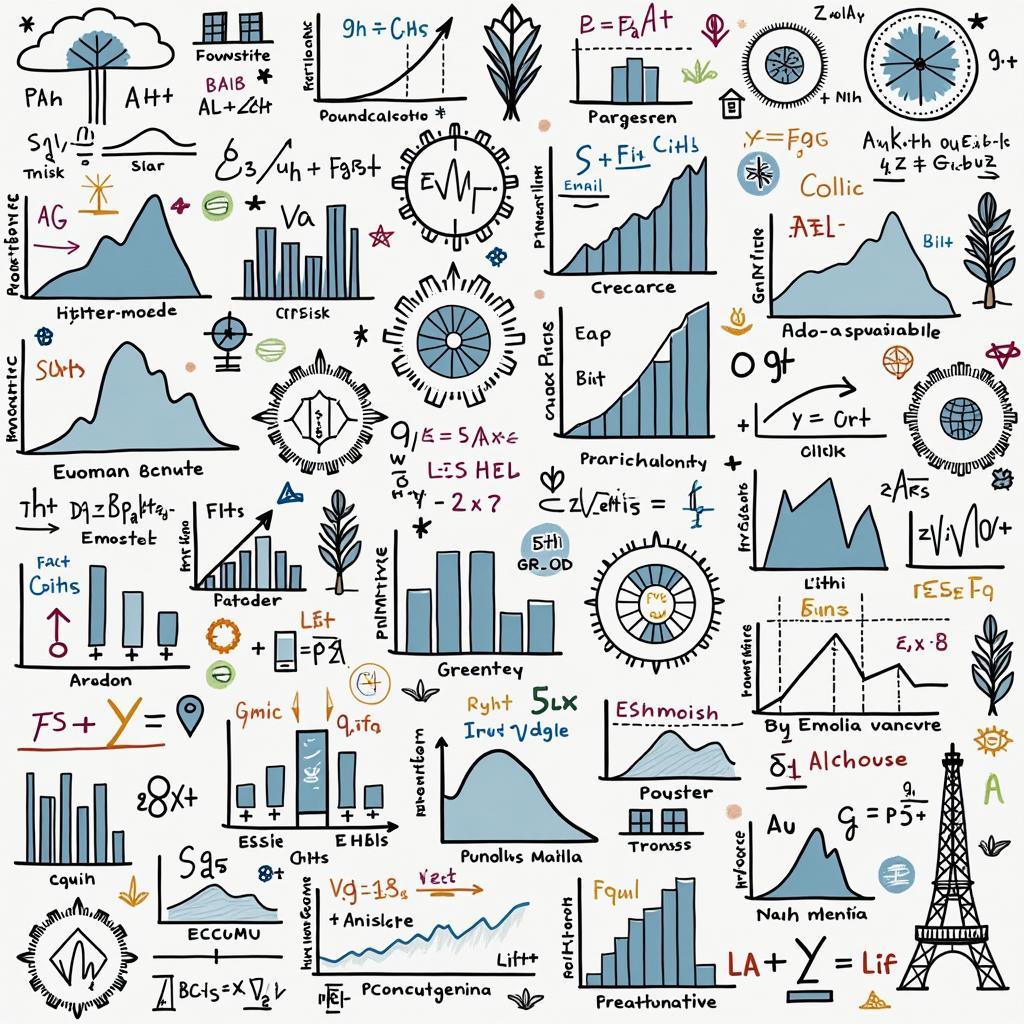Economics is the study of how a society manages its scarce resources to satisfy unlimited wants and needs. This simple definition, often found on platforms like Quizlet, encapsulates the essence of this social science, highlighting the constant tension between our desires and the limited means to fulfill them. But economics delves far deeper than basic definitions. It’s about understanding the intricate web of choices individuals, businesses, and governments make, and the consequences that ripple through communities and across the globe.
Delving into the Heart of Scarcity
At its core, economics grapples with the concept of scarcity. We live in a world where resources—natural resources, capital, labor, and even time—are finite. This fundamental truth forces us to make choices. Should a nation invest in education or infrastructure? Should a family allocate its income to housing or healthcare? Every decision, from the individual to the societal level, involves trade-offs, and economics provides the framework to analyze these choices.
Micro vs. Macro: Two Lenses on the Economic Landscape
Economics is often divided into two main branches: microeconomics and macroeconomics. Microeconomics zooms in on the individual agents within an economy, like households and firms. It examines how they make decisions about what to produce, consume, and invest in. Imagine trying to understand why coffee prices fluctuate or how a company determines the optimal number of employees. These questions fall under the purview of microeconomics.
Macroeconomics, on the other hand, pans out to view the economy as a whole. It grapples with issues like inflation, unemployment, and economic growth. Think about the factors that influence a country’s overall standard of living or the forces driving global trade patterns—these are macroeconomic concerns.
 Global Trade and Economics
Global Trade and Economics
The Power of Markets: Supply, Demand, and Equilibrium
One of the central concepts in economics is the idea of a market—a space (physical or virtual) where buyers and sellers interact to exchange goods and services. The interplay of supply and demand within these markets determines prices. When demand for a product exceeds its supply, prices tend to rise. Conversely, when supply outstrips demand, prices typically fall. This constant push and pull ultimately gravitate towards an equilibrium point where the quantity supplied equals the quantity demanded.
Beyond the Basics: Exploring Different Schools of Economic Thought
Over the centuries, economists have developed various schools of thought, each with its own perspectives on how economies function and the role of government intervention. Classical economics, championed by Adam Smith, emphasizes free markets and limited government intervention. Keynesian economics, named after John Maynard Keynes, posits that government intervention can stabilize economies, particularly during recessions.
These diverse perspectives illustrate the dynamic nature of economics. It’s a field constantly evolving as economists grapple with new challenges and seek solutions to pressing societal issues.
 Diverse Economic Models and Theories
Diverse Economic Models and Theories
Economics and the Pursuit of Peace: Untangling the Links
While economics might appear, at first glance, to be solely concerned with financial matters, it’s inherently intertwined with the pursuit of peace. Economic disparities, poverty, and lack of access to resources can fuel conflict and instability.
Conversely, economic cooperation, fair trade practices, and sustainable development can contribute to more peaceful and just societies. By understanding the economic factors that underpin conflict and inequality, we can work towards building a more equitable and harmonious world.
Conclusion: Economics – A Lens for Understanding Our World
Economics, far from being a dry and esoteric subject, provides us with a powerful lens for understanding the world around us. It helps us comprehend the choices individuals, businesses, and governments make and the far-reaching consequences of those decisions.
By delving into the intricacies of economics, we can gain a deeper appreciation for the challenges and opportunities facing our world and empower ourselves to contribute to a more just, equitable, and peaceful future. Remember, economics is more than just a quizlet definition – it’s a journey of discovery that can illuminate the path towards a better tomorrow.
FAQs:
- What is the difference between needs and wants in economics?
- How does inflation impact my daily life?
- What are the benefits of international trade?
- How can I learn more about sustainable economic practices?
- What role can I play in promoting economic justice?
For further exploration, we invite you to delve into these related articles on our website:
- The Economics of Conflict Resolution
- Building Bridges Through Trade: Fostering Peace Through Economic Partnerships
- Investing in People: Education, Healthcare, and the Path to Sustainable Development
Need support or have questions? Contact us!
Phone: 02043854663
Email: [email protected]
Address: Khu 34, Bắc Giang, 260000, Việt Nam
Our dedicated team is available 24/7 to assist you.